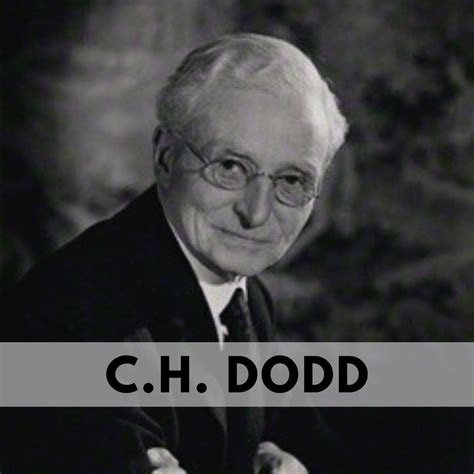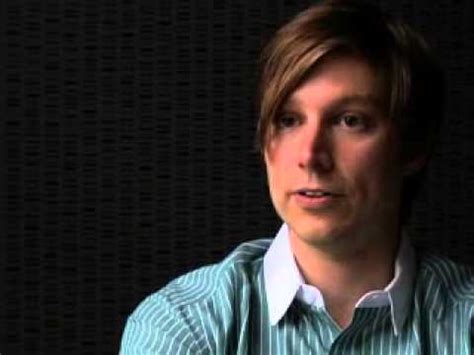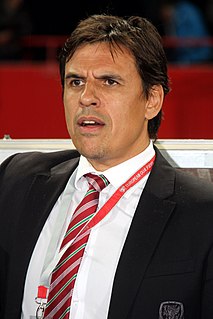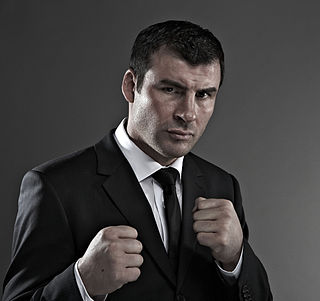A Quote by C. H. Dodd
The absorption of the individual in the universal is only another term for its destruction.
Quote Topics
Related Quotes
Faith is precisely the paradox that the single individual as the single individual is higher than the universal, is justified before it, not as inferior to it but superior - yet in such a way, please note, that it is the single individual who, after being subordinate as the single individual to the universal, now by means of the universal becomes the single individual who as the single individual is superior, that the single individual as the single individual stands in an absolute relation to the absolute.
Either the State for ever, crushing individual and local life, taking over in all fields of human activity, bringing with it its wars and its domestic struggles for power, its palace revolutions which only replace one tyrant by another, and inevitably at the end of this development there is ... death! Or the destruction of States, and new life starting again in thousands of centers on the principle of the lively initiative of the individual and groups and that of free agreement.The choice lies with you!
It is ironic that those who seek to blend and destroy individual racial identities are the biggest enemies of diversity, while simultaneously claiming to support diversity. The end result of that form of diversity is the exact opposite of their stated goal: the destruction of individual identities and ultimately, the destruction of diversity.
Individuality in universality is the plan of creation. Each cell has its part in bringing about consciousness. Man is individual and at the same time universal. It is while realising our individual nature that we realise even our national and universal nature. Each is an infinite circle whose centre is everywhere and circumference nowhere. By practice one can feel universal Selfhood which is the essence of Hinduism. He who sees in every being his own Self is a Pandita (sage).
In any piece of rhetorical discourse, one rhetorical term overcomes another rhetorical term only by being nearer to the term which stands ultimate. There is some ground for calling a rhetorical education necessarily aristocratic education in that the rhetorician has to deal with an aristocracy of notions.
Not everyone wants to live forever, but every culture has always desired immortality in one way or another. Humans have always believed in the possibility of another life, of a second act. We've also always hoped that there might be a way to avoid dying. The term "cultural-universal" is a complicated one, but I've heard it come up on numerous occasions while researching immortality.
But if we are to retain freedom, then we can only do so by keeping the determining mass of the citizens the possessors of property with personal control over it, as individuals or as families. For property is the necessary condition of economic freedom in the full sense of that term. He that has not property is under economic servitude to him who has property, whether the possessor of it be another individual or the State.
































